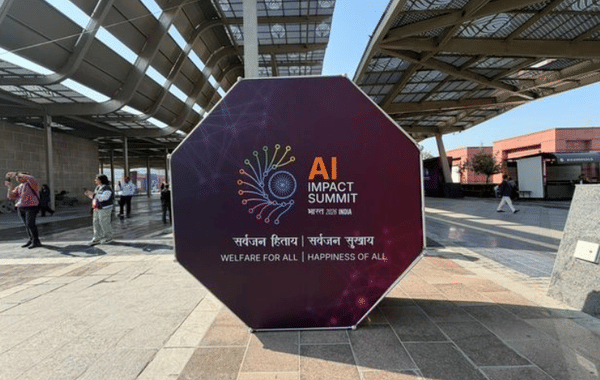


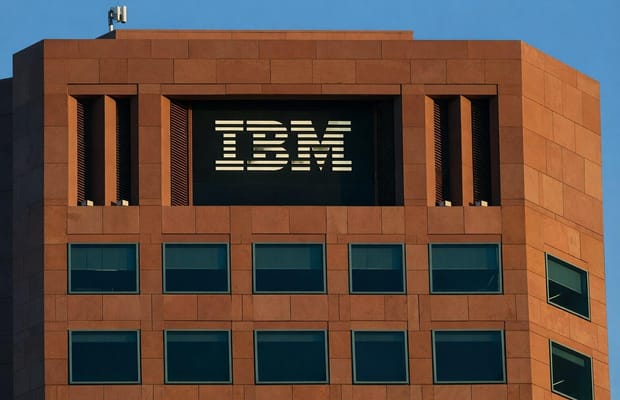


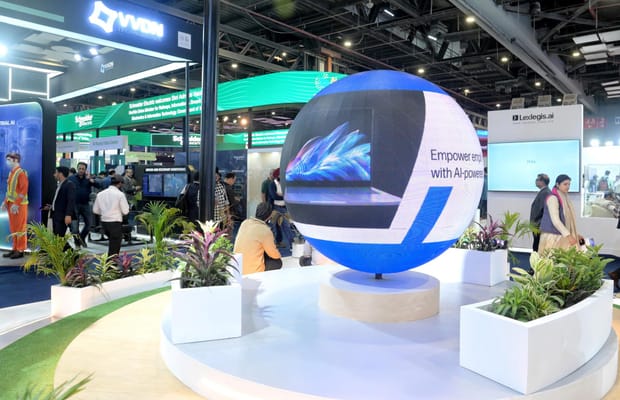





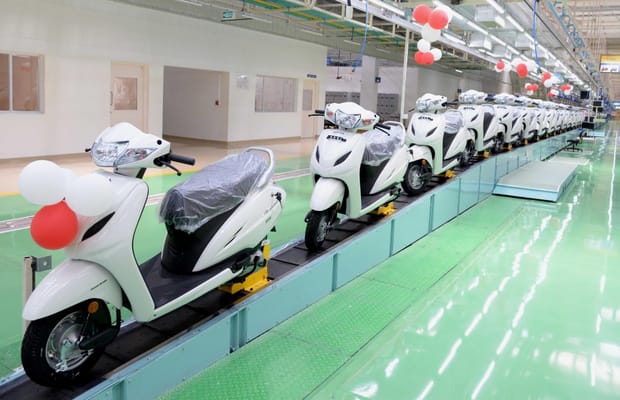
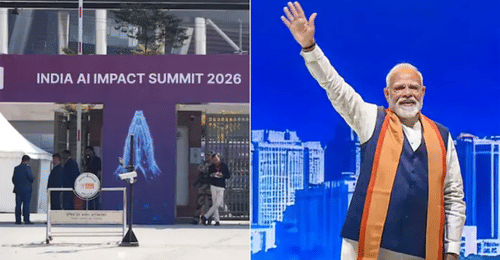












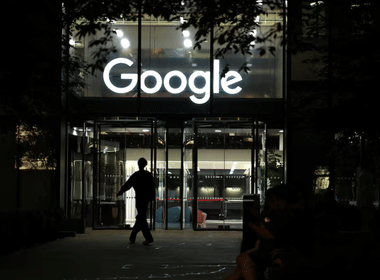



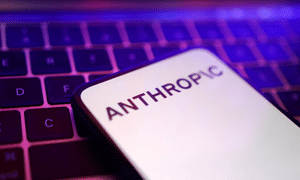


The Nothing Phone 4a is set to launch globally on March 5. Ahead of this release, the device was previewed at the Mobile World Congress (MWC) 2026 in Barcelona, Spain, showcasing four color options: White, Black, Pink, and Blue. In India, Nothing will host an exclusive first sale at its newly opened store in Bengaluru on March 7, offering early buyers a chance to purchase the phone before it becomes available in other markets. The company has announced special perks for the first 100 customers, including an engraved edition of the Phone 4a and Ear (a) earphones at no extra cost, with the option to add CMF Buds 2 Plus for Rs 999.
Alongside the Phone 4a series, Nothing will also launch the Nothing Headphone (a), although details about the Phone 4a Pro remain undisclosed. The company had earlier released a teaser video titled “Phone (4a): A New Chapter”, where CEO Carl Pei mentioned the use of more premium materials and new color options for the refreshed design. The Phone 4a retains Nothing’s signature transparent aesthetic and features a horizontal triple-camera module. A new “Glyph Bar” has been added to the right of the cameras, consisting of nine individually controlled mini LED lights. This system is designed to deliver notifications clearly while reducing distractions and is said to be 40% brighter than the previous A-series.
The Phone 4a series will be powered by a Qualcomm Snapdragon chipset, though the exact model has not been revealed. Reports indicate that at least one variant will include UFS 3.1 storage and a slightly larger battery of around 5,000mAh, without adopting the newer silicon-carbon battery technology. Overall, the Phone 4a combines Nothing’s distinctive design with upgraded features, offering early buyers in India a unique opportunity to experience the device before its wider release.
Disclaimer: This image is taken from Nothing.
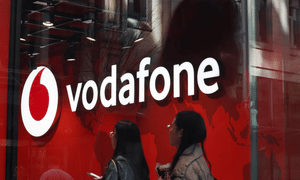
Vodafone announced on Monday that it has signed a partnership with Amazon Leo, the low Earth orbit (LEO) satellite network operated by the U.S. tech giant, to connect 4G and 5G mobile towers in remote areas across Europe and Africa. The agreement aims to extend mobile coverage to locations that are difficult to reach with traditional infrastructure, providing an alternative to costly fibre installations.
Through this collaboration, Amazon Leo will deliver high-speed connections of up to 1 Gbps for downloads and 400 Mbps for uploads, linking Vodafone’s network directly to base stations in underserved regions. The solution is expected to reduce deployment costs while expanding the reach of mobile services in areas where building fibre networks is challenging or economically unviable.
Vodafone plans to begin implementing Amazon Leo connectivity for mobile base stations in Germany and other European countries within this year. Following this initial rollout, the company intends to gradually extend the service across Africa through its subsidiary, Vodacom. This phased deployment reflects Vodafone’s strategy to enhance mobile access in both densely populated and remote locations, leveraging satellite technology to overcome geographical constraints. Amazon Leo operates a constellation of over 200 satellites in orbit, with hundreds more constructed and awaiting launch. This growing network provides the capacity needed to support high-speed connections for mobile operators like Vodafone.
Vodafone also intends to offer satellite-based mobile connectivity directly to consumers using standard smartphones, in partnership with AST SpaceMobile. While the company has confirmed the collaboration, it has not yet announced a launch date for this service. This approach could allow individual users to access mobile networks via satellite, further expanding connectivity options in remote or rural areas. Through these initiatives, Vodafone is demonstrating a commitment to bridging connectivity gaps by combining terrestrial and satellite networks to reach underserved regions efficiently and cost-effectively.
Disclaimer: This image is taken from Reuters.
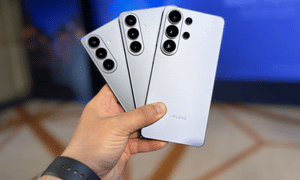
Samsung unveiled the Galaxy S26 series at its Unpacked event on February 25, 2026. The latest models in the flagship S-series bring several new features, including a Privacy Display, an AI-powered Samsung Browser, and Now Nudge, an assistant inspired by Google Pixel’s Magic Cue. On the hardware side, the series features a redesigned camera module, with the Galaxy S26 Ultra standing out as the thinnest Ultra variant Samsung has ever produced.
The Galaxy S26 Ultra introduces a built-in Privacy Display that ensures only the user can see what’s on the screen. This feature protects sensitive information by hiding content from others, and users can choose specific apps or notifications to conceal. Another addition, Now Nudge, is an AI-powered assistant designed to support users subtly during conversations. It can surface relevant content, such as shared photos or calendar events, based on the context of a chat, allowing users to access and share information instantly without leaving the app.
Samsung has also revamped its Internet browser, adding an “Ask AI” feature powered by Perplexity. This tool allows users to ask questions in a conversational manner and gather information from multiple open tabs, compiling it into a single AI-generated summary. The Galaxy S26 Ultra also becomes the first Samsung phone to support APV (Advanced Professional Video), a pro-grade video codec that enables efficient compression while maintaining near-lossless quality, making it ideal for content creators.
Bixby has been upgraded with enhanced AI capabilities, enabling users to navigate settings and features using natural language commands, similar to Microsoft Copilot for Windows. The series also integrates multiple AI agents, including Gemini and Perplexity, allowing users to perform complex, multi-step tasks with a single voice command or button press. For example, booking a taxi can be done simply by asking, reviewing details, and confirming.
On the security front, the Galaxy S26 series introduces AI-powered call screening, which identifies unknown numbers and summarizes the caller’s intent. Privacy Alerts notify users when apps with device admin rights attempt to access sensitive data such as location, call logs, or contacts. Samsung has also enhanced its Photo Assist feature, allowing users to edit images through text prompts. The AI can transform a daytime photo into night, reconstruct missing elements, fix small details, or even modify clothing, with edits applied step by step and easily reviewed or undone for a more flexible experience.
Disclaimer: This image is taken from Business Standard.

Tata Consultancy Services is actively encouraging its employees to adopt artificial intelligence (AI) tools to deliver work faster, more efficiently, and at lower costs, even if it temporarily impacts the company’s revenue, CEO K Krithivasan said on Wednesday. Speaking at the Nasscom Technology and Leadership Forum in Mumbai, Krithivasan highlighted that employees should inform clients whenever AI can improve performance, regardless of any potential revenue cannibalization.
He emphasized that TCS views AI as an opportunity to enhance productivity and create new value rather than as a threat to jobs. “We are not afraid this technology will take away our livelihood. The more you embrace it, the more benefits you will enjoy,” Krithivasan said, urging employees to welcome the changes AI brings. TCS’ approach mirrors that of its smaller rival Wipro. Hari Shetty, Wipro’s Chief Strategist and Technology Officer, has also projected that AI adoption will expand demand for software services and create more jobs than it displaces.
The comments come amid investor concerns over AI’s potential disruption to India’s traditionally labor-intensive IT sector. In February alone, these worries have erased roughly $68.6 billion in market value, with the Nifty IT index falling 21% as of Tuesday, putting it on track for its worst monthly performance in nearly 23 years. Despite these market jitters, TCS is pushing forward with its AI-driven strategy, positioning itself to leverage technology for efficiency, innovation, and long-term growth in the evolving IT landscape.
Disclaimer: This image is taken from Reuters.



With decisions delegated, chatbots replacing friends, and nature sidelined, Silicon Valley is shaping a life stripped of real connection. Escape is possible—but it will require a united effort.
Disclaimer: This podcast is taken from The Guardian.

Google has revealed plans for a significant increase in its AI investments in Singapore, featuring the launch of Majulah AI – a collection of training and innovation initiatives aimed at developing an AI-ready workforce. Daniel Martin speaks with Ben King, Managing Director of Google Singapore, about how these efforts will help Singapore achieve its goal of becoming an AI leader and accelerate AI adoption across the nation.
Disclaimer: This podcast is taken from CNA.

Artificial intelligence is rapidly making inroads into healthcare, offering tools that can answer medical queries, forecast risks, and support personalized health choices. But a new Singapore-based startup is challenging the notion that a single global AI model can safely cater to everyone. With structured screenings and national healthcare systems already in place, is there room for another AI health platform in Singapore? Hairianto Diman and Susan Ng explore this question with Hari V Krishnan, Co-founder and CEO of Genie Health.
Disclaimer: This podcast is taken from CNA.

This year, Nanyang Technological University (NTU) flagged three students for academic misconduct, alleging that they relied on generative AI tools in their assignments. What boundaries should govern AI usage, at what point does it become misconduct, and is it time to rethink how assignments are structured and evaluated? Steven Chia and Otelli Edwards discuss these questions with Associate Professor Ben Leong, director of the AI Centre for Educational Technologies at NUS, and Jeremy Soo, co-founder of Nex AI.
Disclaimer: This podcast is taken from CNA.







